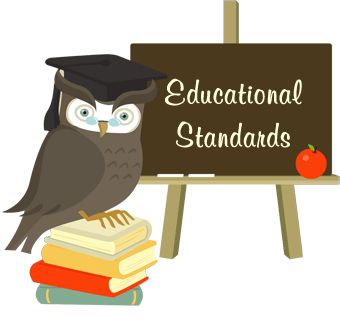Cooperative Learning- Does it benefit all students? I have had discussions in the past on if cooperative learning is really a beneficial teaching strategy for all students, or just beneficial to lower level students while holding back higher level students. I personally think that cooperative learning is beneficial to all students in a variety of different ways. The benefits seem endless! Regardless of academic level, cooperative learning can benefit all students in many different areas of life.
You often see math being taught in a very traditional way. The teacher goes over the required information, and the students work on assignments and worksheets. I found it a little difficult to come up with cooperative learning lessons for math, but with a little research you can find all different kinds of ideas to incorporate cooperative learning into a math lesson. There are also strategies that you can look at when planning cooperative learning lessons to ensure that they will suit the needs of the classroom.
One extremely important part of cooperative learning that needs to be taken into consideration when planning cooperative learning activities is the grouping of the students. This can either make or break the experience that you are trying to create for your students. It is hard to know the best way to group students. There are a number of different tips for creating learning groups that you can follow. I personally feel that it is important for the teacher to know their students. By knowing the students in your classroom you are very likely to know what students will be able to work well together and what students will not be able to work well together.





